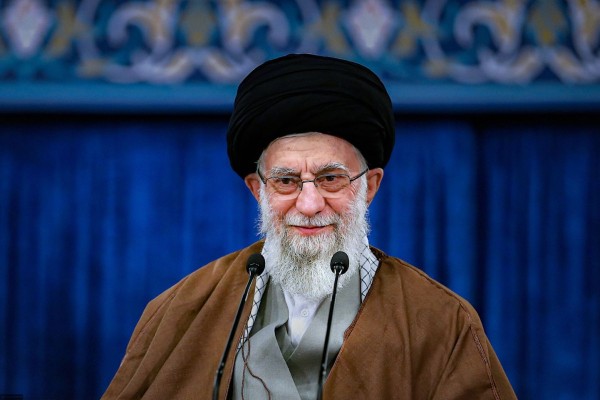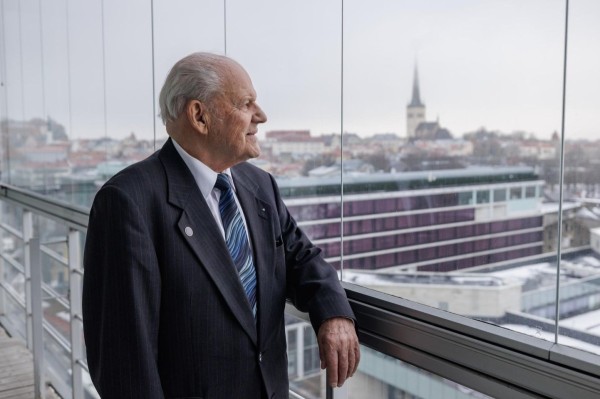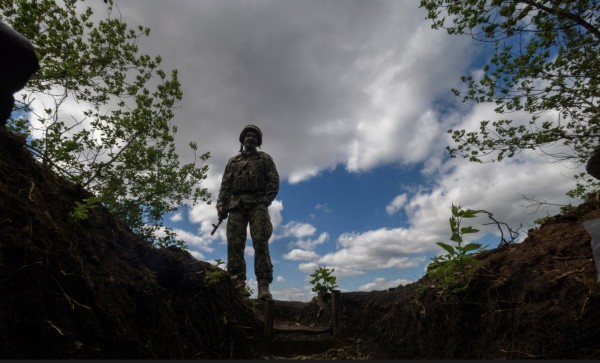Staunton, June 12 – Many commentators have pointed out that Russia’s strategy and tactics in Ukraine are a more or less complete copy of the ones Hitler used against Poland and Stalin used in the Baltic countries. But if one looks beyond Ukraine, it is entirely possible that Vladimir Putin will copy another Nazi operation.
That operation, of course, was Hitler’s obsession with gaining control of Polish territory that after World War I separated Germany proper from East Prussia. Today, as a result of border changes in 1944 and 1991, East Prussia is Russia’s Kaliningrad oblast, an exclave separated from the rest of the Russian Federation by Lithuania and Belarus.
On the Grani.ru portal yesterday, Ukrainian commentator Vitaly Portnikov says most people now view Russian military exercises in Kaliningrad and NATO’s response as being all about Ukraine, but he suggests that this pattern could presage a Russian move to try to guarantee its better access to Kaliningrad in the name of “protecting” the rights of ethnic Russians there (grani.ru/opinion/portnikov/m.230166.html).
That is all the more likely if the Ukrainian settlement quiets down or even moves toward a settlement, he says, because Putin needs such campaigns to boost his own rating, to marginalize the Russian opposition, to distract attention from the failures of his economic policies, and, most of all, to block the appearance of a Russian Maidan.
An obvious place for the Kremlin leader to move is in the countries which neighbor Kaliningrad and especially Lithuania, whose leadership has been outspokenly critical of what Putin has been doing in Ukraine and which Moscow has already shown it can punish by restraining the passage of goods through Lithuanian ports.
According to Portnikov, any effort by Moscow to establish a special “corridor” across Lithuania would “significantly complicate the sovereignty” of that country, but nonetheless, he says, Russian special forces have been thinking about this for some time, even in advance of the annexation of Crimea.
Indeed, initially, Moscow planned to occupy only Sebastopol and then make a demand on Kyiv or “extraterritorial access to the city through the territory of Crimea which at that time [the Russian government] had still not planned to declare part of the Russian Federation.” Another corridor idea under consideration would extend from Russian-occupied Crimea to Transdniestria.
But now it appears that some in Moscow, including in particular Dmitry Rogozin, are focusing on the need for such a corridor across Lithuania, despite the fact that people and traffic can go to and from Kaliningrad “without particular problems.” But in Rogozin’s mind, NATO or the EU could always cut this link, and therefore Russia have arrangements to block them.
Moscow has already begun a propaganda campaign against Lithuania, and it may very well expand it in the coming days, Portnikov says. The basic subject of such new effort would be “a demand for extraterritorial status” for all transportation across Lithuania, something Vilnius would view as a direct threat to its sovereignty.
Once the demands were made and rejected, the analyst continues, Russia could then increase its military presence in Kaliningrad and spark border clashes. What would happen then, he says, would depend “on the reaction of the leading countries of NATO.”
“If Berlin and Paris will try to get the Lithuanians and Russians to the negotiating table” rather than simply reject Russia’s aggressive demands out of hand, then, Portnikov says, “Moscow will go further.”
The only serious fly in the ointment of such a strategy, he continues, is Belarusian President Alyaksandr Lukashenka. To bring Lithuania to its knees and underscore what it sees as the continuing weakness of NATO, Moscow would want to bring pressure on Vilnius not only from Kaliningrad but from Belarus as well.
Given his statements about Crimea, Lukashenka is “hardly likely” to go along. But that doesn’t end the story: Most likely, “Russian special services will try in the near future to destabilize the situation in Belarus on the model of the turnover ofpower which took place in Abkhazia and install” their own man in Mensk.
If Moscow’s agents are able to do that – and there is an extensive network of them in Belarus which remains without any significant support from the West – then Putin is likely to move forward with plans for a new edition of the Danzig corridor involving the non-contiguous Kaliningrad oblast, Portnikov concludes.
Lithuania Could Become Putin’s Danzig Corridor, Portnikov Says
Arvamus
TRENDING



























